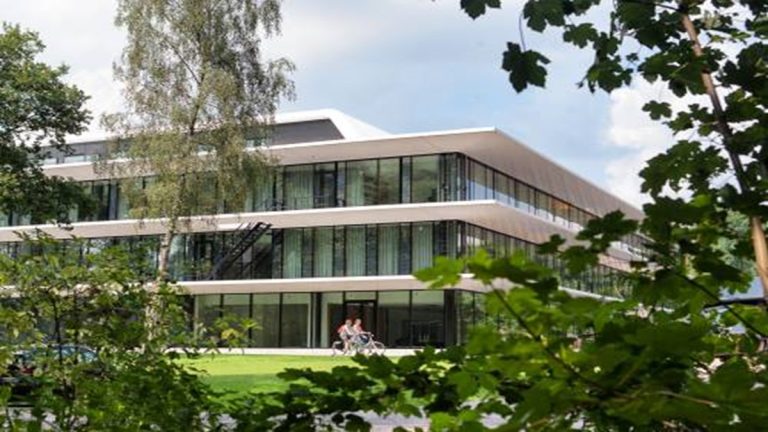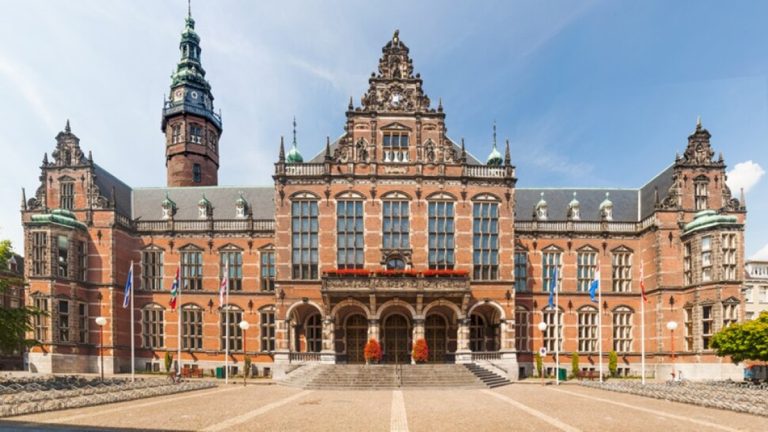
The MICRO-PATH Doctoral Training Unit (DTU) unites experts from various disciplines to investigate links between the microbiome and chronic diseases alongside generalisable pathogenic effects. Our mission is to understand these links causally and mechanistically, and to establish the microbiome as a key target for future therapeutic and preventative measures.
MICRO-PATH is a competitive, interdisciplinary PhD programme supported by the PRIDE scheme of the Luxembourg National Research Fund (FNR) and the partner institutions. Our DTU focuses on microbiome-mediated pathogenesis through microbiology and big data analytics. The programme offers transferable skills training, career development support, lectures by international experts, and annual PhD symposia.
Make sure to see the DTU website to find out more: https://micro-path.uni.lu
The Luxembourg Institute of Science and Technology (LIST) is a Research and Technology Organization (RTO) active in the fields of materials, environment and IT. By transforming scientific knowledge into technologies, smart data and tools, LIST empowers citizens in their choices, public authorities in their decisions and businesses in their strategies.
Do you want to know more about LIST? Check our website: https://www.list.lu/
How will you contribute?
The gut resistome, i.e. all antibiotic resistance genes (ARGs) circulating in the gut, determine the microbiome dynamic, i.e. how an individual’s gut microbiome will respond to and recover from an antibiotic therapy. Moreover, the gut resistome is also a source of ARGs conferring antimicrobial resistance to virulent or clinically relevant strains. The horizontal gene transfer (HGT) between bacteria can occur in any environment and particularly when bacterial loads are high, like in the gut. Notably, the gut microbiomes of diseased individuals are enriched in facultative pathogens which encode ARGs and might have an increased infective competence. A risk assessment of ARG excretion caused by gut dysbiosis will be established by combining data obtained about the frequency of ARG transfer events by transduction in case of gut dysbiosis and the survival of AMR bacteria in surface water as well as their competencies to transfer ARGs into the environment.
By combining multi-faceted training activities leading to specialized as well as transferrable skills, the MICRO-PATH DTU candidates will achieve scientific and professional excellence by the end of their studies. Key elements of the holistic training program foreseen in MICRO-PATH are:
- Conducting research in the framework of a doctoral research project under the guidance of the PhD Supervisor
- Access to scientific and transferable skills courses such as project management, scientific writing, career development, presentation skills or good scientific practices
- Active participation (poster, talks) in scientific conferences
- Dedicated outreach activities
- Scientific exchange, ranging from 1 week to 3 months, during the PhD
- An environment fostering good research culture, self-care and well-being, as well as self-awareness
Is Your profile described below? Are you our future colleague? Apply now!
Education
· You hold a Master’s degree in Microbiology, Biology, Molecular Biology or equivalent
Experience and skills
· You have a strong interest in the antimicrobial resistance and the role of phages in the transfer of genes.
· A background in microbiology is required.
· Experience in molecular biology would be a strong asset.
· Experience in bioinformatics would be a strong asset
Language skills
· Good level both written and spoken English
Your LIST benefits
· An organization with a passion for impact and strong RDI partnerships in Luxembourg and Europe that works on responsible and independent research projects
· Sustainable by design, empowering our belief that we play an essential role in paving the way to a green society
· Innovative infrastructures and exceptional labs occupying more than 5,000 square metres, including innovations in all that we do
· An environment encouraging curiosity, innovation and entrepreneurship in all areas
· Personalized learning programme to foster our staff’s soft and technical skills
· Multicultural and international work environment with more than 50 nationalities represented in our workforce
· Diverse and inclusive work environment empowering our people to fulfil their personal and professional ambitions
· Gender-friendly environment with multiple actions to attract, develop and retain women in science
· 32 days’ paid annual leave, 11 public holidays, 13-month salary, statutory health insurance
· Flexible working hours, home working policy and access to lunch vouchers
Apply online
This position is part of the doctoral training unit MICRO-PATH, including 16 doctoral candidates. We seek candidates with a strong potential to excel in a collaborative and multidisciplinary environment.
Your application must include:
· A motivation letter oriented towards the position and detailing your experience
· A scientific CV with contact details
· Copy of relevant diplomas including marks
· List of publications (and patents, if applicable)
· Contact details of 2 references
Please apply ONLINE formally through the HR system of BOTH institutions (LIST and Luxembourg University).
Regarding the University, please use the following Doctoral Training Unit MICRO-PATH link http://emea3.mrted.ly/3sr4y.
Applications by email will not be considered.
Application procedure and conditions
We kindly request applicants to provide their nationality for statistical purposes only, as part of our commitment to promoting diversity and ensuring equal opportunities in our workforce. This information will be kept confidential and will not be used for any discriminatory purposes.
LIST is dedicated to maintaining an inclusive work environment and is an equal opportunity employer. We are committed to attracting, hiring, and retaining a diverse workforce. All applicants will be considered for employment without discrimination based on national origin, race, colour, gender, sexual orientation, gender identity, marital status, religion, age, or disability.
Applications will be continuously reviewed until the position is filled. An assessment committee will thoroughly evaluate applications, adhering to guidelines designed to ensure equal opportunities. The primary criteria for selection will be the alignment of the applicant’s existing skills and expertise with the requirements mentioned above.
PhD additional conditions:
· Supervisor at LIST: Henry-Michel CAUCHIE (henry-michel.cauchie@list.lu)
· Co-supervision at LIST: Louise HOCK (louise.hock@list.lu)
· Work location: Luxembourg Institute of Science and Technology (LIST), Belvaux, Luxembourg
· PhD enrolment: University of Luxembourg, Belval, Luxembourg
Please note that university enrolment fees must be covered by the successful applicant. Your master diploma has to be recognized in Luxembourg. Please refer to:
REQUIREDLANGUAGES
To be considered for this position it is crucial that you have knowledge of the following languages
English
ReadC1 Advanced
WriteC1 Advanced
SpeakC1 Advanced
minimum requiredEducation
Master
Required work experiencein years
0 or more years
Job Category
Science & Research
Details
Employment type
Full-Time
Contract type
Fixed Term contract
Hours per week
40
Contract period
Months
Contract duration
48
Location
Country
Luxembourg
City
Esch-Sur-Alzette
Contract Type
Fixed Term contract
Recruiter in charge
Alexandre BAUDET
Employment type
Full-Time
UO
ENVIRONMENT (ERIN)
Profile type
Phd Student
Apply



